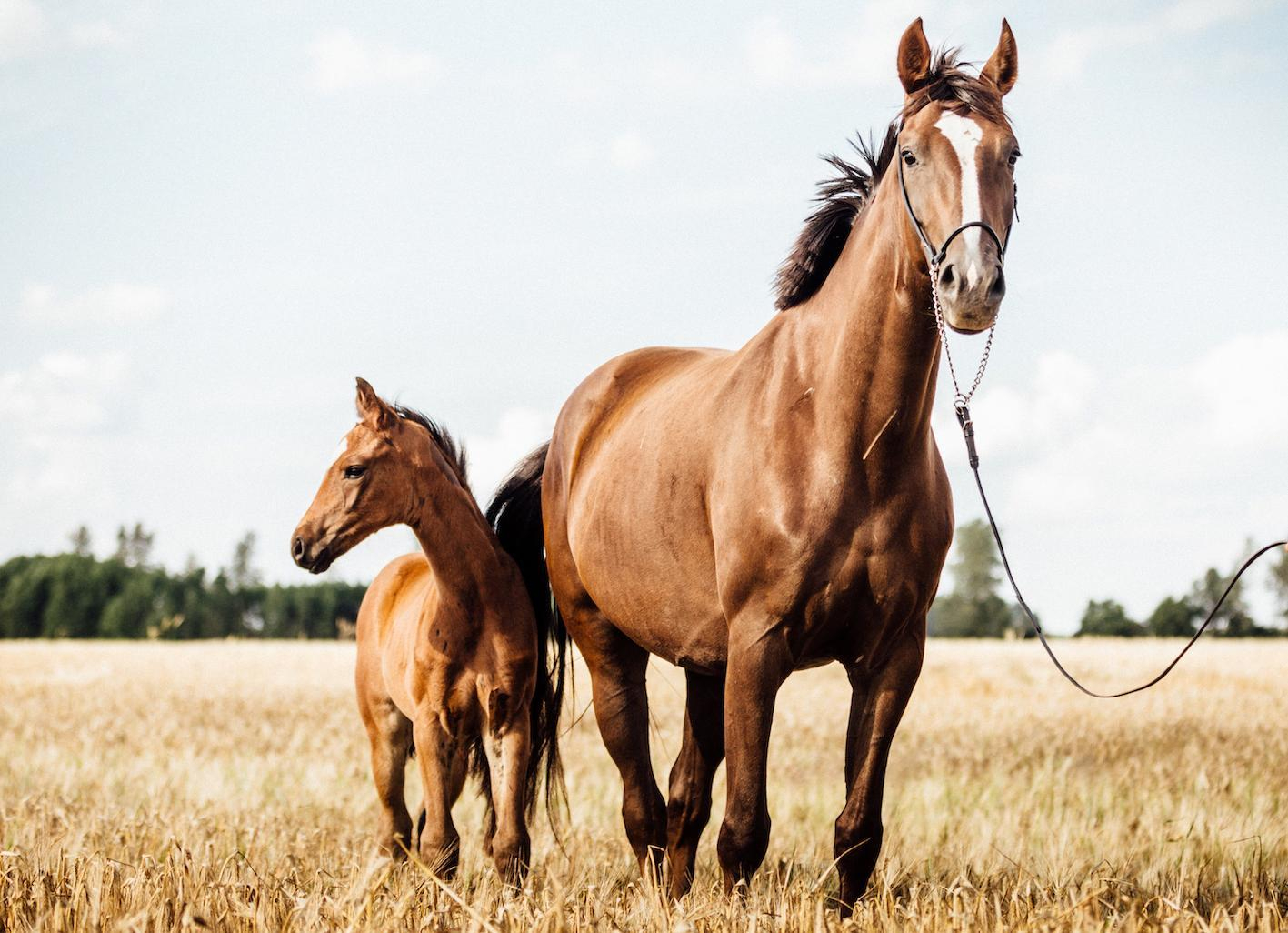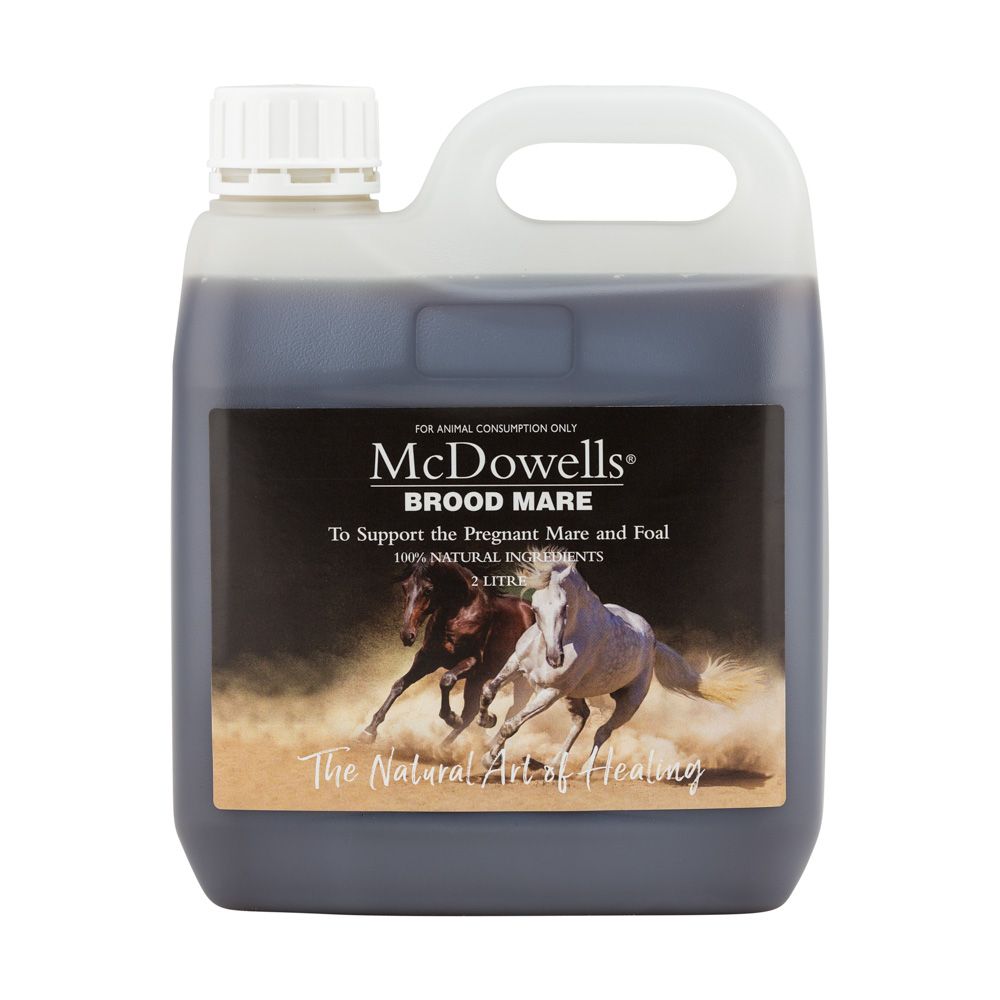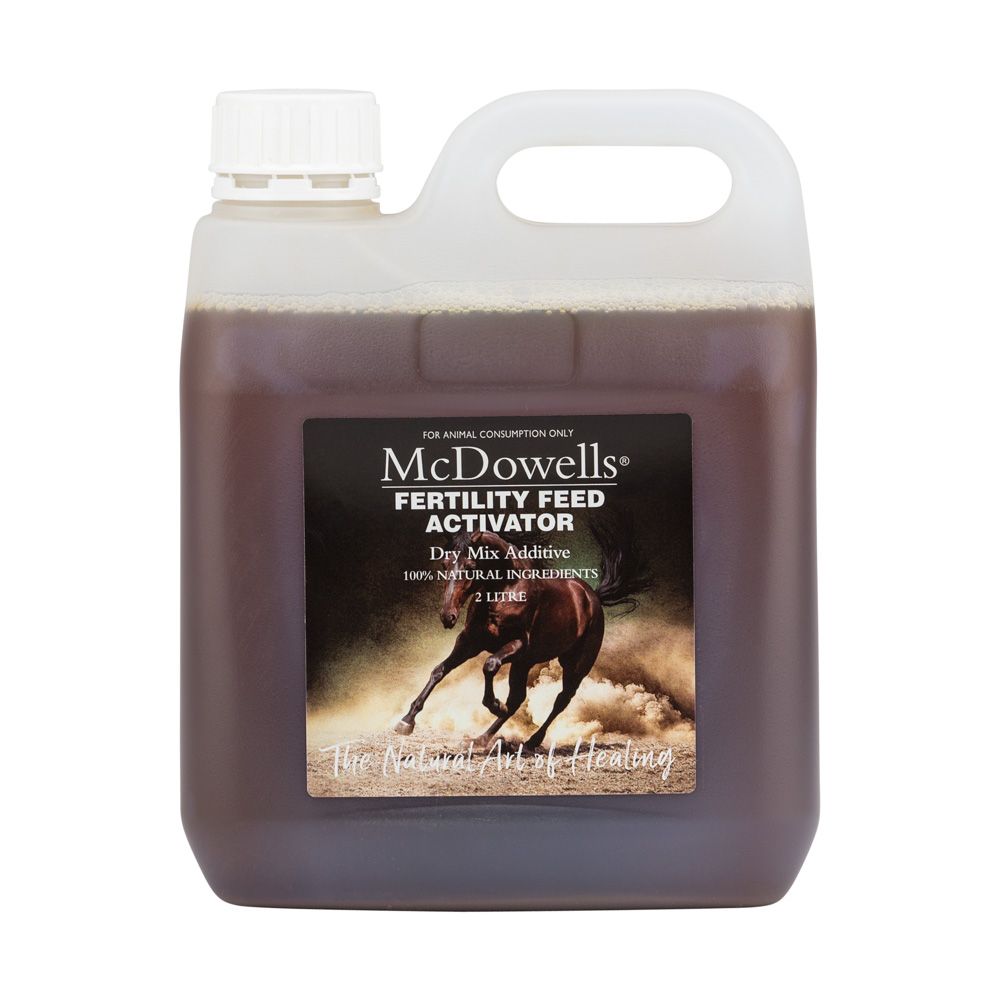Before we kept horses in artificial environments, they roamed free across large tracts of land, and kept themselves healthy by grazing on a large variety of grasses, grains, herbs, and other seasonal plants. Because they had freedom of choice, they followed their instincts to eat the plants they needed for certain times of the year (breeding, coming up to hard winters, etc.), and 'self-medicated' for any salts, minerals or deficiencies to deal with existing or impending health or injury problems.

Animal herdsmen, who had no fences, and who spent their lives watching and worrying about their stock, acquired the knowledge of herbal lore in early times. They had ample time to watch the animals seeking out herbs and weeds in the pasture at different times and they connected with the idea that the choice of particular herbs related to health or injury or seasonal or reproductive demands of the animals. The animals already 'knew' what they needed, it was built into their instincts. This is where the term "Horse Sense" came from.
Most horse owners have experienced their horses pulling towards different weeds along the side of the road, or eating their faeces, or turning up their nose at something you offer them, or sampling all sorts of 'odd' things if they happen to get into the vegetable garden! They already know what they need.
For tens of thousands of years almost every member of every culture in the World had a good practical knowledge of herbal remedies. This was based in human instinct and experience and upon the practical necessities of survival. There have been those of each generation who took a special interest in healing, who listened, collected, accumulated, experimented and practiced with this knowledge. They became the 'healers' of that generation - but every mother and every farmer knew all they needed to know to manage the general health of their children and their stock.
Indeed throughout the whole of mankind's history, fertility has been a major concern for herbalists and there are literally dozens of herbs, which have been used in each of the major cultures for this purpose.
Breeding stock can benefit from a combination of simple herbs that aim to balance a mare's cycle, assist in fertility, maintain a healthy pregnancy and encourage the development of a strong foal.
For a stallion, herbs can be used to aid fertility and semen quality and assist to keep the stallion well over the stressful breeding season.



